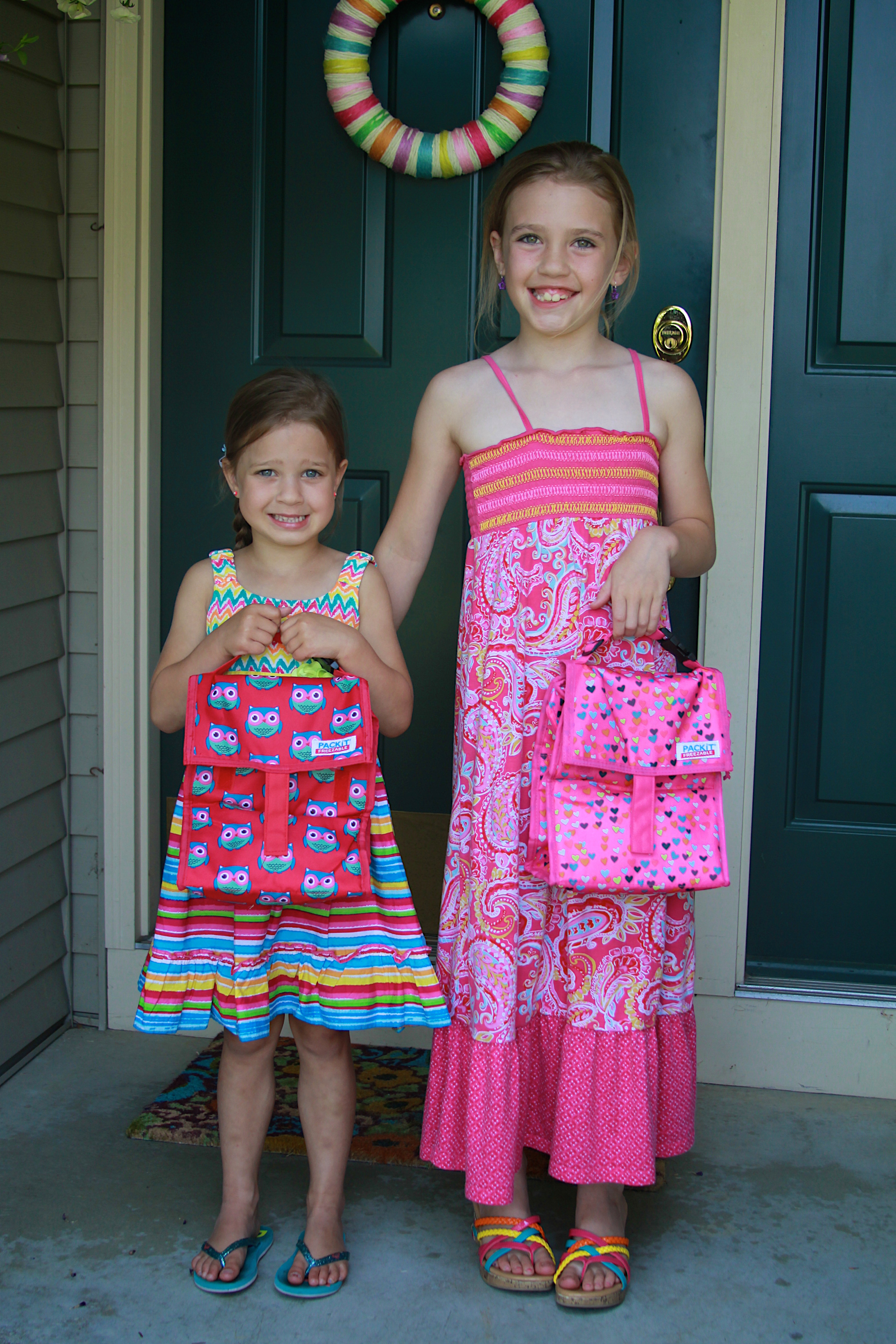It used to be that home and school didn’t really mix, apart from when kids had to do homework – the clue is in the name with that. However, things have changed over the years, and it’s now clear that if you want your children to do well in their education, you can’t just leave it to the teachers and the school you send them too. It’s not that the teachers aren’t doing their jobs, of course – they’re working incredibly hard – it’s just that there’s a lot of competition and if you want your child to get ahead, they’ll need some extra learning.
There are a few ways to go about making sure that happens, such as hiring a tutor, for example, but something that everyone can do and that will be sure to help is to ensure that the home environment is one that’s helpful and that will encourage learning. You don’t have to make massive changes and you don’t have to spend huge amounts of money, and with a few tweaks here and there, you can give your child the ideal space and environment to learn in, giving them opportunities they might not have had before. With that in mind, let’s take a look at how you can create a great learning environment at home – it’s well worth it, so read on to find out more.

Why Is It Important?
The first question you might be asking is exactly why a great learning environment is so important – does it really matter? The answer is yes, it matters, and it matters because if a child has somewhere safe and secure to learn at home, they’ll be more interested in their education, and they’ll get a lot more out of it with fewer distractions. The fact is that the atmosphere a child grows up in can definitely influence how they feel about learning, so you’ll want to ensure it’s a good atmosphere as that’s going to help them with their future academic success.
It might sound like a lot of responsibility, but it’s worth remembering that the atmosphere you create at home can either ignite a lifelong passion for learning or stifle that passion early on, so it’s crucial to create a space where education isn’t just something that has to be done, like a chore, but becomes a natural and perhaps even enjoyable part of your child’s day.
Create A Dedicated Learning Space
One of the best – and most practical – ways you can create a real love of learning in your child is to ensure they’ve got somewhere to do that learning. The best thing about this is that they don’t have to be expensive or elaborate setups; they just need to be quiet, comfortable places that are only used for learning, in whatever form that might take.
One of those forms could be a reading nook, for example. If your child has a lovely, cozy reading nook, it’ll feel like a special, perhaps even magical place for them to enjoy their stories and escape into the world of books. That’s great because children can sometimes be reluctant readers, often due to there being so many distractions around them, but if they have a special place to go, they’ll read more, and that’s going to improve their vocabulary and their own writing skills.
You can also create a special study area that’s quiet and well-organized so your child has somewhere to do their homework or any other educational activity they might be doing. You’ll need to make sure there’s a good desk and chair in the space, and you should add all the necessary supplies like pens, pencils, paper, and so on – in that way, they can just settle down and do their homework and not have to keep stopping to find this or that thing they need. It’s also crucial to keep this area clutter-free so there aren’t distractions, and that can be something you and your child do together.
Integrate Learning Into Daily Life
As well as having the right space to do work in, it’s a great idea if you’re able to help your child even more by integrating learning into daily life wherever possible. And what’s amazing about this idea is that you’ll show your child that learning doesn’t have to be confined to specific times and places, and that what their learning can be used in real life – that can often help them understand things better.
If you’re not sure where to start, cooking can be a great learning tool where children can learn about science, math, and even history and other cultures. Measuring ingredients helps with math skills, and understanding how things come together to make different flavors can be part of science. And when you cook dishes from other cultures, you can teach them about geography and much more. It’s clear that cooking if a great idea, and since it’s also a handy life skill, you can’t go wrong.
Then there’s gardening, which is another excellent hands-on activity that can teach children about biology, ecology, and responsibility, as well as other useful things. You can start right at the beginning with planting seeds and watching them grow and go all the way through the lifecycle of what happens in a garden until you can teach them about composting, for example.
Even something fun like family game night can be about learning when you think about it. Board games and card games can be educational but in a really fun way, ensuring that learning doesn’t get boring – children (and adults, come to that!) can learn about things such as critical thinking, math, and strategy, and they’ll have a good laugh and make some amazing memories at the same time. The key is to choose games that are age-appropriate because if the game is too hard, the child will quickly lose interest and not learn anything.
The Role Of The Parent
There’s a lot more to creating a great learning environment at home for your children than having the right things in the right places – you’ll also need to get involved as much as possible. Don’t worry, though; that doesn’t mean you have to be an expert in every subject – no one would expect that of anyone – but it does mean staying informed about what your children are learning in their school lessons and being an active part of their education wherever possible.
Something fantastic you can do that’s going to help both you and your child is to learn with them. If there’s something they don’t know and you can’t help them because you’re not sure of the details either (or maybe you’ve never even heard of it – there are new subjects and learning methods coming in all the time), take the time to find out more about it. It could be anything at all, from math equations to ordinal numbers for kids to grammar or historical facts, and you can do it any way that works for you (and potentially your child as well), such as watching documentaries and videos or online learning, for example. The point is, you’ll not only learn a lot yourself, but you’ll also then be in a position to help your child learn more when they need your guidance as well.
Then there’s another side to the coin; being a role model. You can have a lot of knowledge about one subject or a little knowledge about lots of subjects, but your child isn’t going to be all that interested in learning from you if you’re not a good role model and they don’t want to spend time with you. The fact is that children learn a lot by watching their parents, so make sure you show them that you value education – perhaps they can see you learning as we’ve mentioned above, or maybe you take a class for your own interests. At the very least, just make sure you don’t say anything negative about school or homework because they’ll start to get the same attitude and that’s not going to help them learn.
Plus, even if you really can’t grasp a subject (and remember, not everyone can understand or be good at everything), you can still be a fantastic emotional support for your child. The fact is that learning new things can be a challenge, as you’ll probably already know, and children can definitely experience some self-doubt or frustration when they’re finding things hard. If you can be there with emotional support and encouragement at these times, it’s going to make a massive amount of difference. And how can you do it? It’s quite easy. You can celebrate even their smallest wins and successes, and you can help them understand why mistakes are important and how setbacks can actually help you move forward. And if that helps you at the same time, that’s absolutely not a bad thing either.
Final Thoughts
Creating a great learning environment at home needs to take a lot into account, from the space your child works in to how you deal with their education yourself, but once you’ve got everything set up and you know how to help them, you’ll instantly see their progress.




No Comments